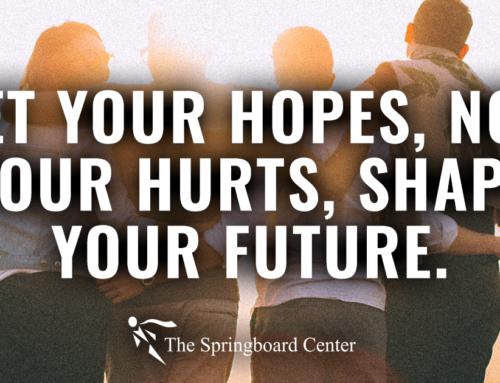Microaggressions in recovery refer to any comments that make another person in recovery feel like what they are doing is not enough. Whether it is intended or not, feelings of superiority by others can breed mistrust and prevent or destroy healthy, caring relationships. Find out why subconscious bias happens and how it can impact recovery.
Finding A Tribe
The challenge of being in recovery is finding the tribe that fits your journey. Not everyone is going to be on the ride with you for recovery. Unfortunately, some people are just not supportive or attentive enough to your needs in sobriety and cannot come on the journey with you. A diverse recovery community means finding people with whom you relate and that will look different for different people. Having a sense of identity and belonging is important to staying positive in recovery and not falling prey to subconscious bias that may derail recovery.
Shadow Side
Tribes are a great place to get connected, but they can also have a shadow side. As a species, human beings are creative and loving, while also having destructive and hostile tendencies towards others not within our own home tribe. Dangers lurk when there is an absence of benevolence. There will be some people who think differently about recovery than you do and that is okay. Not everyone will approach it the same. The goal is to continue learning from others without feeling shamed or guilted into anything. The current times may demonstrate to us the reality of thinking any one person or idea is better than another person or idea and if they don’t match up, we should put them down, shut them out, or shame them into thinking and seeing things our way.
Overcoming Bias
A micro-insult is an unconscious communication that demeans a person from another group. Disregarding or minimizing another’s thoughts, feelings, or experiences of another person is invalidating and harmful. Some ways to work towards overcoming this bias in your own life:
- Learn by being vigilant if you are shaming or putting others down out of fear or misunderstanding how they approach recovery
- Lived experience informs how people are in recovery including race, culture, and ethnicity
- Work to be less defensive in posture when speaking with other people in recovery
- Be open to discussing your own attitudes and biases and how they may hurt others
- Become an ally and stand with others in pain or need rather than subconsciously judge them
When you take personal inventory of yourself, you’re learning to take ownership and personal responsibility for your thoughts and actions. Active listening is being present to hear another speak before judging and offering a safe space to feel heart. This can build connection, rather than disconnection, and further support the idea of helping yourself, and others, heal in recovery.
The Springboard Center’s addiction treatment programs are tailored to meet the needs of each client. By utilizing a set of diverse methods of addiction treatment, we are able to deal with your addiction from all angles and concentrate on every aspect of your healing process. It is important to recognize that many of our services offer a group setting and environment, so that the client spends time with other people affected by the same chronic disease and problems. 432-620-0255




